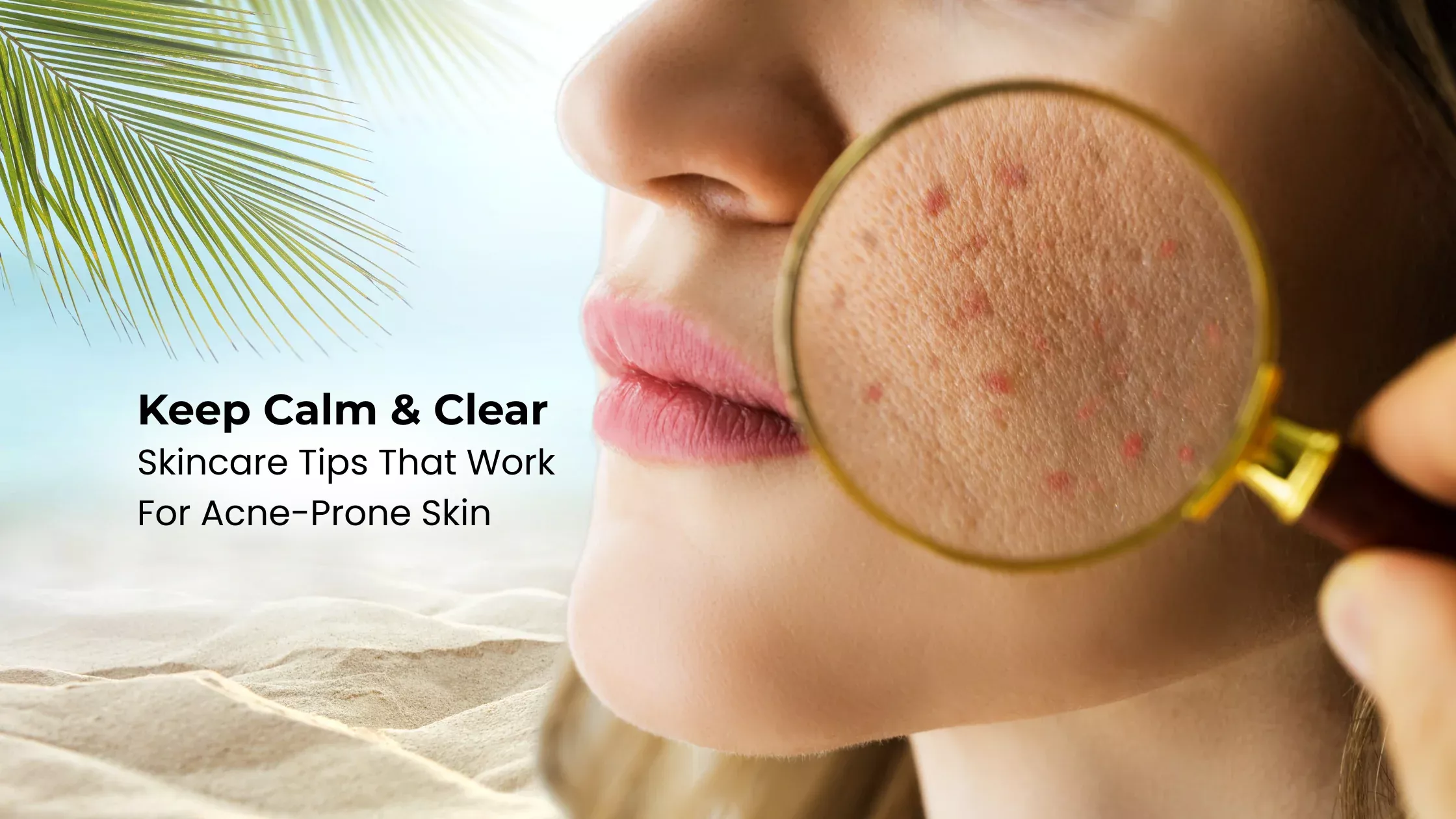Stress can have a major effect on one's physical and mental health because the mind and body are intertwined. The skin is no different. When we are stressed, our bodies release hormones like cortisol, which can cause a variety of skin issues. There has been an increasing awareness of the link between stress and skin health in recent years. Stress has been shown in studies to aggravate acne, eczema, and psoriasis, as well as contribute to the emergence of new skin problems. If you are experiencing stress-related breakouts, there are several things you can do to handle your stress and improve your skin's health. For severe or persistent concerns, visiting a reputed Dermatology Hospital in Hebbal Bangalore can help you get professional care tailored to your needs.
Understanding the Mind-Body Connection
The mind-body connection describes how our thoughts, emotions, and behaviours can influence our physical health. When we are stressed, our bodies go into "fight-or-flight" mode.. This is a natural reaction that assists us in dealing with danger or threats. When we are under chronic stress, regrettably, our bodies can remain in this state for long periods of time. Because the skin is sensitive to hormonal changes, it is especially vulnerable to the effects of stress. Stress hormones can cause inflammation, worsening skin allergies and diseases.
The Science Behind Stress-Induced Breakouts
When we are stressed, our bodies produce cortisol, a hormone that aids in the regulation of our metabolism, blood sugar, and immune system. Cortisol ascent during stressful times is a physiological response that can result in skin issues such as:
• Boosting sebum production: Sebum is an oily substance that aids in the hydration of the skin. Too much sebum, on the other hand, can clog pores and cause acne.
• Promoting inflammation: Inflammation is a normal reaction to an injury or infection. Chronic inflammation, on the other hand, can harm the skin and make it highly susceptible to breakouts.
• Diminishing the skin barrier: The skin barrier is a protective covering that helps to keep harmful bacteria and allergens out of the body. When the skin barrier is compromised, skin conditions such as eczema and acne can develop.
Common Stress-Related Skin Issues
Stress has an amazing ability to exacerbate pre-existing skin conditions while also causing new ones, including:
• Acne: Acne is a widespread skin condition that impacts millions of individuals worldwide. It's distinguished by pimples, blackheads, and whiteheads. Acne can be exacerbated by stress by increasing sebum production and inflammation.
• Eczema: Eczema is a chronic skin condition characterised by inflammation, itching, and redness. Stress can cause eczema flare-ups by making the skin more delicate.
• Psoriasis: Psoriasis is a chronic skin condition characterised by red, scaly patches on the skin. By causing the immune system to react negatively, stress can cause psoriasis flare-ups.
Managing Stress for Healthy Skin
Recognizing the importance of mental well-being is the first step towards healthy skin under stress. There are several things you can do to control stress and strengthen the health of your skin. These are some examples:
• Meditation and mindfulness: Mindfulness and meditation are techniques for relaxing and focusing on the present moment. They have been shown to be beneficial in terms of stress reduction and skin health.
• Exercise on a regular basis: Exercise is an excellent way to reduce stress and improve overall health. On most days of the week, seek out no fewer than thirty minutes of moderate-intensity exercise.
• Sufficient sleep: A good night's sleep is essential for both physical and mental health. Try to sleep for 7-8 hours per night.
• Healthy diet: A diet high in fruits, vegetables, and whole grains can assist with reducing inflammation and enhance skin health.
• Skincare routine: A dependable skincare routine can help to keep your skin healthy and prevent breakouts. Gentle cleansers and moisturisers should be used, and harsh products that can irritate your skin should be avoided.
Personalized Skin Care for Stress-Induced Breakouts
No two skins are alike, so knowing your skin type is essential. It is critical to customise your skincare routine to your skin type and needs. If you have sensitive or reactive skin, look for fragrance-free, non-comedogenic (won't clog pores) products. Niacinamide, hyaluronic acid, and chamomile are all good ingredients for soothing stressed skin. Consulting experienced Dermatologists in Hebbal Bangalore can also help you choose the right skincare treatments and products for your specific condition.
Lifestyle Changes & Additional Tips for Long-Term Skin Health
Aside from the tips mentioned above, there are a few other lifestyle changes you can make to improve your skin's health in the long run. These are some examples:
• Sun protection: The sun's ultraviolet (UV) rays can damage the skin and contribute to premature ageing. Wear SPF 30 or higher sunscreen every day, even on cloudy days.
• Quitting smoking: Smoking causes skin damage and can lead to wrinkles, age spots, and other skin problems. One of the greatest things you can do for your skin is to stop smoking.
• Throughout the day, avoid touching your face.
• Use a gentle cleanser to cleanse your face twice a day.
• To remove excess oil and dirt from the skin, use a toner.
• To keep your skin nourished, use a moisturiser.
• Stop using harsh soaps or scrubs on your face.
• Schedule regular facials with a licenced esthetician.
If you are experiencing stress-related breakouts, you should seek professional advice from a dermatologist or skincare expert. They can assist you in developing a customised treatment plan and recommending products that are appropriate for you.













